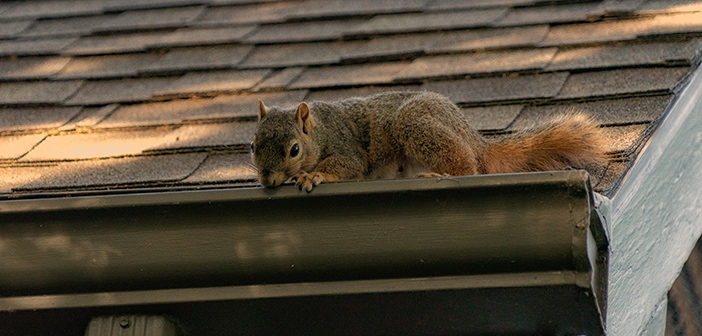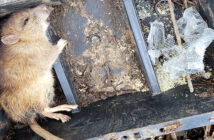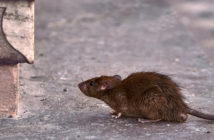The Government’s new goal to treble tree planting rates to 7,000 hectares of new woodland in England a year by 2024, must go hand in hand with a commitment to grey squirrel control, a leading squirrel charity has warned.
With funding to be put in place to provide incentives for landowners and farmers to plant and manage trees, and plans announced for the creation of at least three community forests, the European Squirrel Initiative (ESI) warns that this commitment will be undermined, unless action is taken to manage damage threats to broadleaf trees caused by populations of invasive non-native grey squirrels.
While it welcomes the new strategy, the ESI fears that the initiative will be ineffective unless action is taken to reduce the dangers of irreparable damage to broadleaf trees caused by grey squirrels stripping barks, either killing trees outright or damaging them enough to allow infections in.
Graham Taylor, ESI’s chairman, said: “ESI has funded research, through the Roslin Institute, into species-specific, humane and cost-effective solutions to managing invasive grey squirrel populations in the UK,” explains.
“We feel this offers the opportunity to control the damage grey squirrels cause both economically and ecologically to the UK, while providing a realistic proposition for red squirrel conservation.”
ESI research in 2019 revealed that grey squirrels cost the UK economy in excess of £40 million every year.




